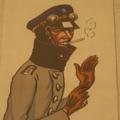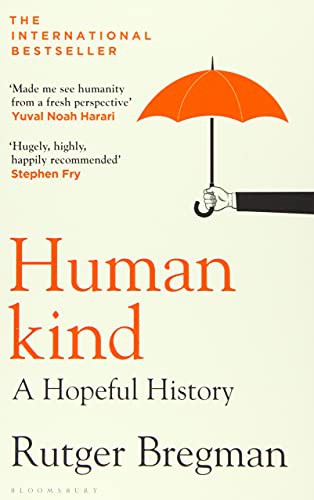Murf quoted Humankind by Rudger Bregman
By early 1944 there was one conundrum that had scientists stumped. Why did the Germans continue to fight so hard? Why weren’t more of their soldiers laying down their arms and conceding defeat?
Most experts agreed that the Germans were in essence possessed. This explained their desertion rate that approached zero, and why they fought harder than the Americans and the British. So much harder, historians calculated after the war, that the average Wehrmacht soldier inflicted 50 per cent more casualties than his Allied counterpart. [..] For weeks Morris interviewed one German captive after another. He kept hearing the same responses. No, it wasn’t the draw of Nazi ideology. No, they didn’t have any illusions that they could still somehow win. No, they hadn’t been brainwashed. The real reason why the German army was capable of putting forth an almost superhuman fight was much simpler.
Kameradschaft. Friendship
‘Nazism begins ten miles behind the front line,’ scoffed one German prisoner, whereas friendship was right there in every bunker and trench. The military commanders were well aware of this, and, as later historians discovered, used it to their advantage. Nazi generals went to great lengths to keep comrades together, even withdrawing whole divisions for as long as it took new recruits to form friendships, and only then sent everyone back into the fray. [..]
Tactics, training, ideology – all are crucial for an army, Morris and his colleagues confirmed. But ultimately, an army is only as strong as the ties of fellowship among its soldiers. Camaraderie is the weapon that wins wars. [..] Psychologist Roy Baumeister calls the fallacious assumption that our enemies are malicious sadists ‘the myth of pure evil’. In reality, our enemies are just like us.
— Humankind by Rudger Bregman (Page 203 - 207)

